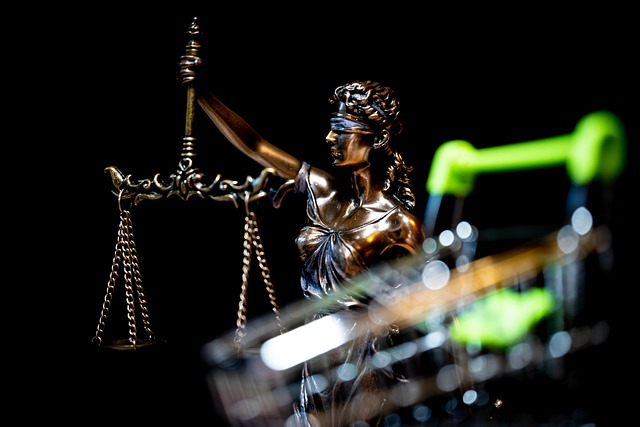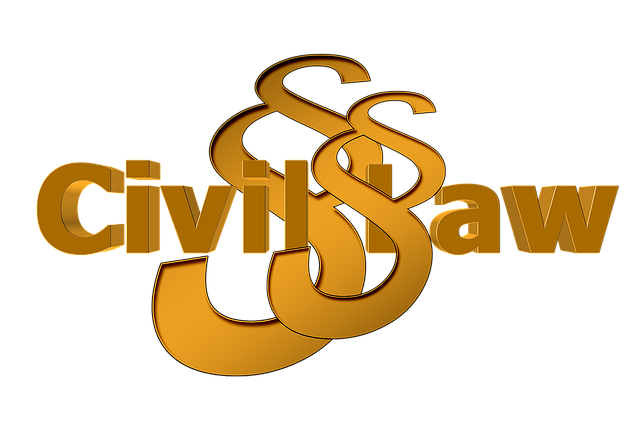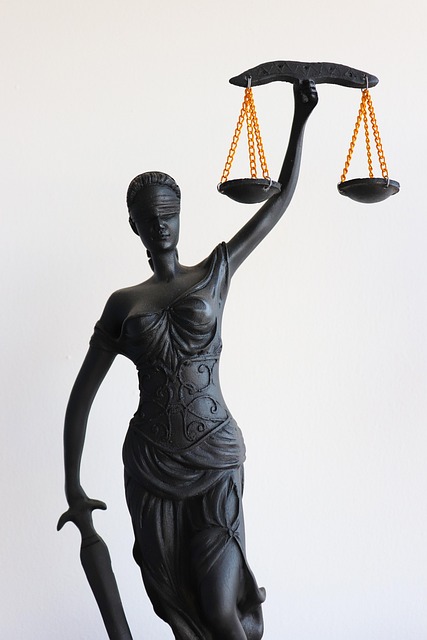Whistleblower protection lawsuits, driven by public transparency demands, combat retaliation against exposers of illegal/unethical activities. Success hinges on understanding and addressing jury biases in criminal cases, where preconceived notions about whistleblowers can skew evidence perception. Effective strategies involve humanizing whistleblowers, presenting positive case outcomes, and overcoming complex technical details for fair trials and favorable verdicts.
“Whistleblower Protection Lawsuits: A Comprehensive Guide to Navigating Legal Challenges and Overcoming Jury Biases
In today’s legal landscape, whistleblower protection lawsuits are crucial for holding organizations accountable. This article delves into the intricacies of these cases, focusing on common hurdles faced by whistleblowers. We explore understanding jury biases against individuals who expose criminal activities, providing insights into strategies to combat preconceived notions. By examining these challenges in depth, we aim to empower whistleblowers and ensure justice, highlighting the significance of fair trials within the legal system.”
- What Are Whistleblower Protection Lawsuits?
- Common Challenges in Whistleblower Cases
- Understanding Jury Biases Against Whistleblowers
- Strategies to Overcome Jury Preconceptions
What Are Whistleblower Protection Lawsuits?

Whistleblower Protection Lawsuits are legal actions taken by individuals who expose illegal or unethical activities within their organizations. These lawsuits aim to protect whistleblowers from potential retaliation, such as firing, demotion, or harassment, for their disclosures. When a whistleblower believes they have been treated unfairly due to their revelations, they can file a lawsuit seeking remedies like reinstatement, back pay, and legal costs. Understanding jury biases in criminal cases is crucial here, as it can significantly impact the outcome of whistleblower protection lawsuits, especially when compelling evidence and credible witnesses are involved.
Across the country, these lawsuits have gained unprecedented track records of success, with many organizations recognizing the importance of maintaining ethical standards and rewarding those who come forward with valuable information. The legal protections for whistleblowers vary by jurisdiction, but they generally mirror the growing public interest in ensuring transparency and accountability within corporate and governmental entities. This trend reflects a broader societal shift towards valuing integrity and incentivizing individuals to play an active role in exposing wrongdoings.
Common Challenges in Whistleblower Cases

Whistleblower protection lawsuits often face unique challenges due to the sensitive nature of their cases. One significant hurdle is navigating understanding jury biases in criminal cases. Juries may have preconceived notions about whistleblowers, viewing them as either heroes or liars, which can impact their perception of the evidence presented. This bias can be especially pronounced in criminal cases where the focus is on proving guilt beyond a reasonable doubt.
Another challenge arises from the fact that these lawsuits often involve complex and technical information. Whistleblowers and their legal teams must clearly communicate intricate details about financial irregularities, ethical breaches, or illegal activities to both the court and the jury. Ensuring that these abstract concepts are understood by laypeople throughout all stages of the investigative and enforcement process is crucial for a successful outcome, especially when facing off against skilled general criminal defense attorneys.
Understanding Jury Biases Against Whistleblowers

In criminal cases, understanding jury biases against whistleblowers is paramount for achieving justice and extraordinary results. Research suggests that juries often hold preconceived notions about whistleblowers, viewing them with skepticism or even hostility. This bias can stem from societal perceptions of whistleblowers as “troublemakers” or “betrayers” who expose sensitive information. As a result, jurors might be less inclined to believe the testimonies of these individuals, despite the validity of their claims.
Overcoming these biases requires a strategic approach that focuses on presenting compelling evidence and crafting effective narratives. An unprecedented track record of success in whistleblower protection lawsuits demonstrates that thorough preparation and passionate advocacy can lead to complete dismissal of all charges against those who step forward to expose criminal activities. By addressing jury biases head-on and providing comprehensive legal representation, defenders can ensure a fair trial and help their clients achieve the justice they deserve.
Strategies to Overcome Jury Preconceptions

Understanding Jury Biases in Criminal Cases is a crucial step for any attorney navigating whistleblower protection lawsuits. Juries are not immune to preconceptions and stereotypes, which can significantly influence their decisions. One common challenge is the perception of whistleblowers as “troublemakers” or “discontented employees.” To overcome this, defense strategies should focus on presenting the whistleblower’s motivations in a positive light. Highlighting their concern for ethical conduct and public interest can help humanize the plaintiff and counter potential bias.
Moreover, an unprecedented track record of successful cases involving similar whistleblowers can be powerful evidence. Demonstrating that other individuals with comparable allegations have received fair treatment and won challenging defense verdicts can shift jury perceptions. By addressing these biases head-on, attorneys can ensure a fair trial and increase the chances of achieving positive outcomes, even in complex whistleblower protection lawsuits. This approach not only focuses on the facts of the case but also acknowledges and tries to mitigate potential juror preconceptions.
Whistleblower protection lawsuits play a vital role in upholding justice and accountability, but they often face unique challenges, including jury biases. As previously mentioned, understanding and overcoming these preconceptions are crucial for ensuring fair trials. By employing strategies to mitigate bias, such as impartial instructions and diverse jury pools, the legal system can better protect whistleblowers who risk their careers and safety to expose wrongdoing. In terms of navigating these complex cases, awareness of potential biases is a significant step towards delivering justice in the world of whistleblower protection lawsuits, ultimately fostering a more transparent and accountable society.






